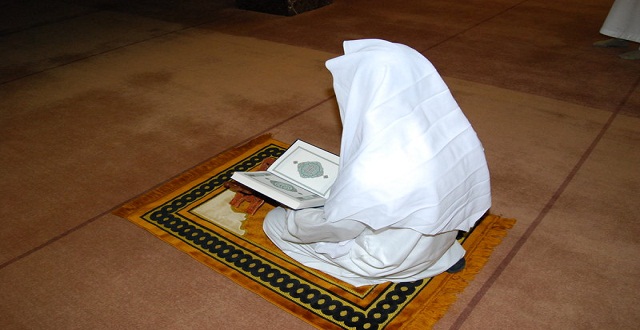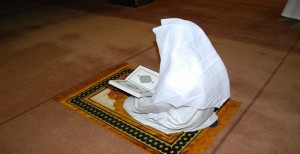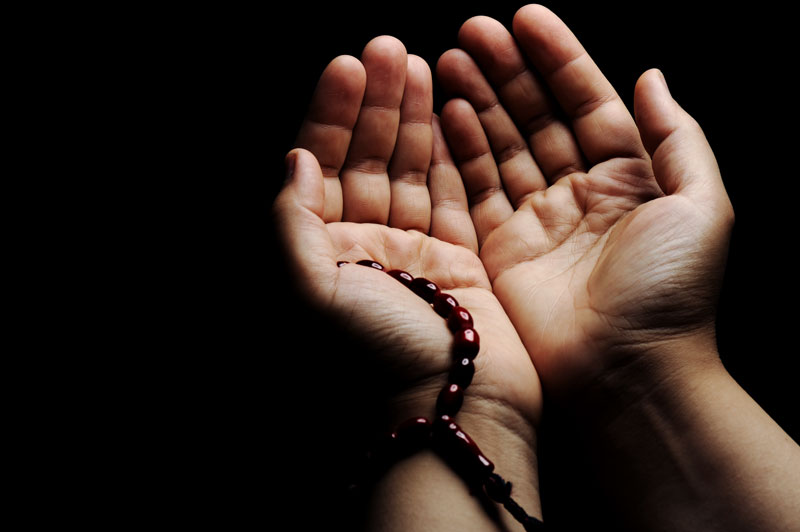What is the best verse in the Quran?
Before dealing with the main question, we must say that the Quran itself is the best book and superior to all heavenly books. All of its verses (ayāt) are at the highest level of perfection and significance. Hence, we cannot differentiate between them by telling that a particular verse is better and at a higher degree than another or other verses. The entire verses of the Holy Quran are full of miracles, full of guidance and full of light. Therefore, we cannot single out a verse saying, in an absolute way, that it is better in every aspect than the other verses of the Quran.
Meanwhile, it should be noted that it is possible that some of the verses or Surahs of the Quran might enjoy greater significance from a particular aspect than other verses and Surahs. For instance, some of the Surahs of the Quran such as Surah Yusuf is more beautiful than other Surahs in terms of beautifully constructed and rendered historical stories. Likewise, some of the Surahs of the Quran have been described and declared as “Umm al-Kitab” (The mother of the Book) and “Qalb al-Quran” (the heart of the Quran) etc. which indicate the superiority of those Surahs over other Surahs.
1. The Holy Prophet of Islam (pbuh) said:
«أَنَّ النَّبِیَّ(ص) قَالَ لِجَابِرٍ أَ لَا أُعَلِّمُکَ أَفْضَلَ سُورَةٍ أَنْزَلَهَا اللَّهُ فِی کِتَابِهِ قَالَ (بَلَى) عَلِّمْنِیهَا فَعَلَّمَهُ الْحَمْدَ أُمَّ الْکِتَاب»
It is narrated from Jabir (may Allah bless him) that Rasulullah (pbuh) said: “O Jabir, shall I inform you about the best Surah revealed in the Qur’an?” Jabir said: “O Messenger of Allah, please inform me.” The Messenger of Allah (pbuh) said: “It is Fatiha tul Kitab.”[1]
2. It has been narrated from Imam Ja’far Sadiq (a.s.) that he said:
« عَنْ أَبِی عَبْدِ اللَّهِ (ع) قَالَ: قَالَ إِنَّ لِکُلِّ شَیْءٍ قَلْباً وَ إِنَّ قَلْبَ الْقُرْآنِ یس….»[2]
“Everything has a heart and the heart of the Quran is Surah Yaseen.”
3. The Holy Prophet (pbuh) has been narrated as having said:
«وَ عَنْهُ (ص) لِکُلِّ شَیْءٍ عَرُوسٌ وَ عَرُوسُ الْقُرْآنِ الرَّحْمَن»[3]
“Everything has a bride, and the bride of the Qur’an is Surrah Al-Rahman.”
The author of Majma’ al-Bayan narrates a tradition in which the Holy Prophet (pbuh) introduces verse 30 of Surah Ash-Shura is the best verse of the Quran:
«وَ ما أَصابَکُمْ مِنْ مُصیبَةٍ فَبِما کَسَبَتْ أَیْدیکُمْ وَ یَعْفُوا عَنْ کَثیر»[4]
“Whatever misfortune happens to you, is because on the things your hands have wrought, and for many (of them) He grants forgiveness.”
The text of the tradition is as follows:
«و روی عن علی(ع) أنه قال، قال رسول الله(ص) خیر آیة فی کتاب الله هذه الآیة یا علی ما من خدش عود و لا نکبة قدم إلا بذنب و ما عفا الله عنه فی الدنیا فهو أکرم من أن یعود فیه و ما عاقب علیه فی الدنیا فهو أعدل من أن یثنی على عبده»[5]
Imam Ali (a.s.) says: “The Messenger of Allah (pbuh) said that the best verse in the Quran is this verse (verse 30 of Surah Ash-Shura). O’ Ali, there is no bruise and no falling on the ground except that it is because of a sin which man commits. God is greater than to punish the sinner in the hereafter while He has forgiven him in this world and He is more just than to exact double satisfaction for the same offence.”
As you see, it is because of the Lord’s mercifulness that this verse is considered to be more significant and superior to other verses.
[1] ‘Ayyashi, Muhammad bin Mas’ud, Tafsir al-‘Ayyashi, researched and edited by Rasuli Mahallati, Hashim, vol.1, p. 20, Al-Ilmiyah Publications, Tehran, first edition, 1380 A.H.
[2] Ibn Babvayh, Thawab al-A’maal wa Iqab al-A’maal, p.111, al-Sharif al-Radhi Publications Institute, Qom, second edition, 1405 A.H.
[3] Al-Kaf’ami, Ibrahim bin Ali, Al-Mesbah Lil-Kaf’ami (Jannatul Amaan al-Waqiyah), p. 446, Dar al-Radhi, Qom, second edition, 1405 A.H.
[4] Ash-Shura, 30
[5] Tabarsi, Fazl bin Hassan, Majma’ al-Bayan fi Tafsir al-Quran, vol. 9, p. 47, Nasir Khosro, Tehran, 1372 (1993).









